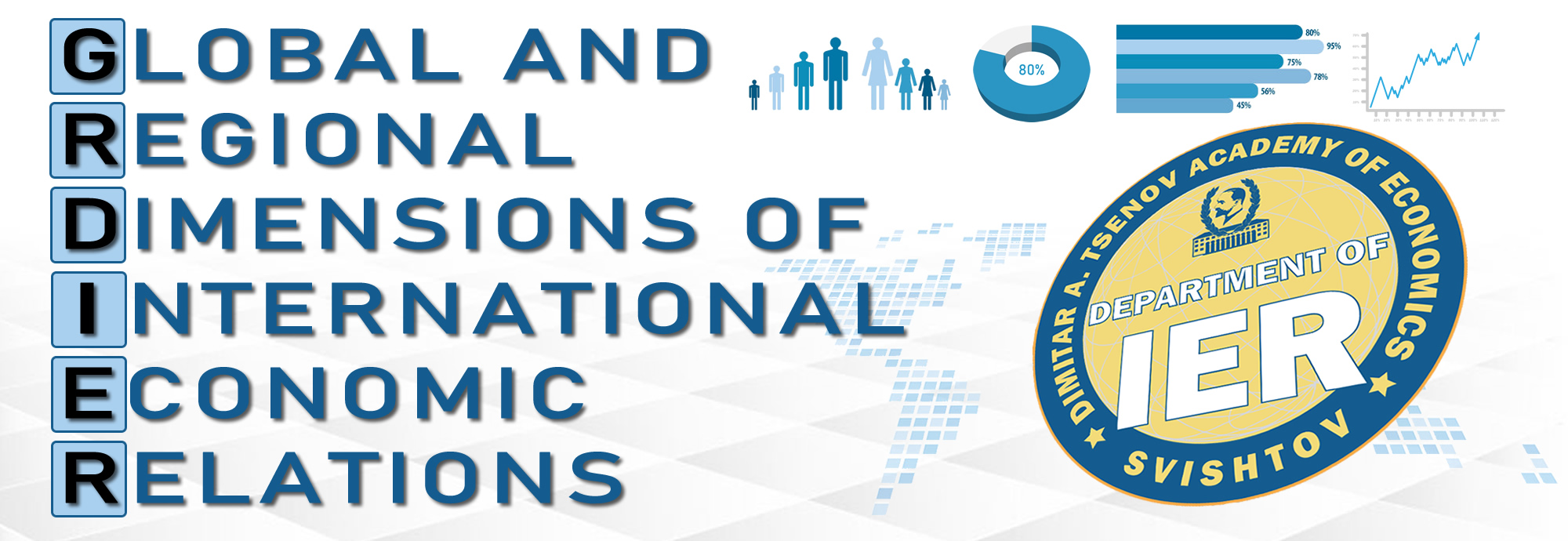APPLICATION OF GESTALT PRINCIPLES IN THE DESIGN OF VISUAL MARKETING CAMPAIGNS
Authors
Keywords
gestalt principles, visual marketing campaigns, perception, design
Summary
This study investigates the application and effectiveness of gestalt principles (proximity, similarity, closure, continuity, figure-ground) in the design of visual marketing campaigns. The main objective is to determine whether their application leads to improved visual perception and increased consumer engagement compared to designs that do not follow them.
For this purpose, a quantitative study was conducted in which two groups of respondents evaluated two different advertising poster designs ñ one developed according to gestalt principles and the other not. Five dependent variables were measured: perception of gestalt principles, comparative evaluation against competitors, overall aesthetic appraisal, emotional response, and purchase intention.
Results from one-way ANOVA analyses show statistically significant differences (p < 0.05) in favor of the gestalt design across all measured variables. It was rated as more structured, aesthetically pleasing, evoked more positive emotions, and stimulated stronger purchase intention.
The study confirms that applying gestalt principles is an effective strategy for enhancing visual impact and consumer engagement in marketing campaigns. The results have practical applications for marketers and designers in creating more effective visual communications.
Pages: 15
DOI: https://doi.org/10.58861/tae.grdier.2025.12



